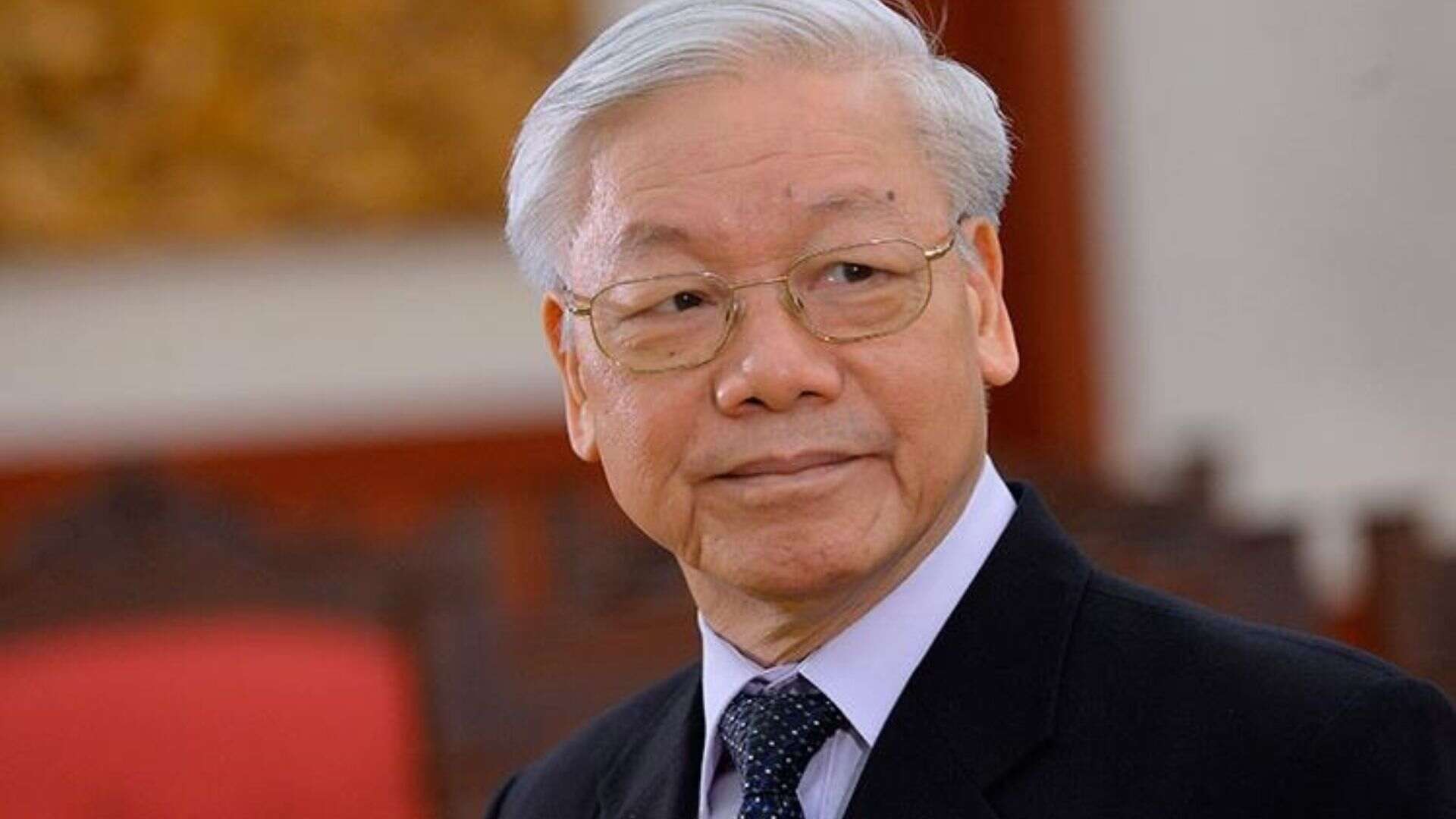Vietnam’s long-serving leader, Nguyen Phu Trong, has passed away “after a period of illness,” marking the end of a significant political era. The announcement came days after the government indicated he was stepping back to focus on his health, having handed his duties to President To Lam.
Mr. Trong, who was the general secretary of Vietnam’s ruling Communist Party since 2011 and briefly served as president, was considered one of the most powerful leaders in decades. He oversaw the robust growth of Vietnam’s economy and was known for his “blazing furnaces” anti-corruption campaign.
His death comes at a turbulent time for Vietnam’s Communist leadership, with three top leaders recently resigning amid unspecified accusations of wrongdoing. According to an official statement released on Friday, Mr. Trong died “due to old age and serious illness.”
Just a day before, the Vietnamese government had surprisingly announced that Mr. Trong needed time to focus on treatment for an unspecified medical condition, adding that President To Lam would take over his duties in running the party’s central committee, politburo, and secretariat. The government also awarded Mr. Trong the Gold Star, Vietnam’s highest honor, for his contributions to the party and country.
Seen as recently as late June welcoming Russian President Vladimir Putin on a state visit, Mr. Trong had missed several events in recent months, including the launch of a book compiling his speeches. His health had been a subject of intense speculation, with the state maintaining discretion over the health of party leaders to portray Vietnam as a stable nation under single-party rule.
Mr. Trong’s tenure saw Vietnam’s GDP per capita more than double, and the country inked several free trade agreements with the West and Asian neighbors. He was known for engaging with international leaders, including those from the US, Russia, and China, while maintaining a strong commitment to socialist ideals.
His anti-corruption campaign led to nearly 200,000 officials facing disciplinary action or criminal charges, although it did not completely eradicate corruption. Recent scandals, including a $44 billion fraud case, highlight ongoing issues. The anti-corruption drive has also contributed to instability within the Communist Party, with numerous top officials purged, leaving few potential successors, particularly in the politburo.
Mr. Trong’s death poses significant questions about succession and the future political direction of Vietnam. With the old guard fading, the country faces uncertainty and anxiety about what lies ahead.







